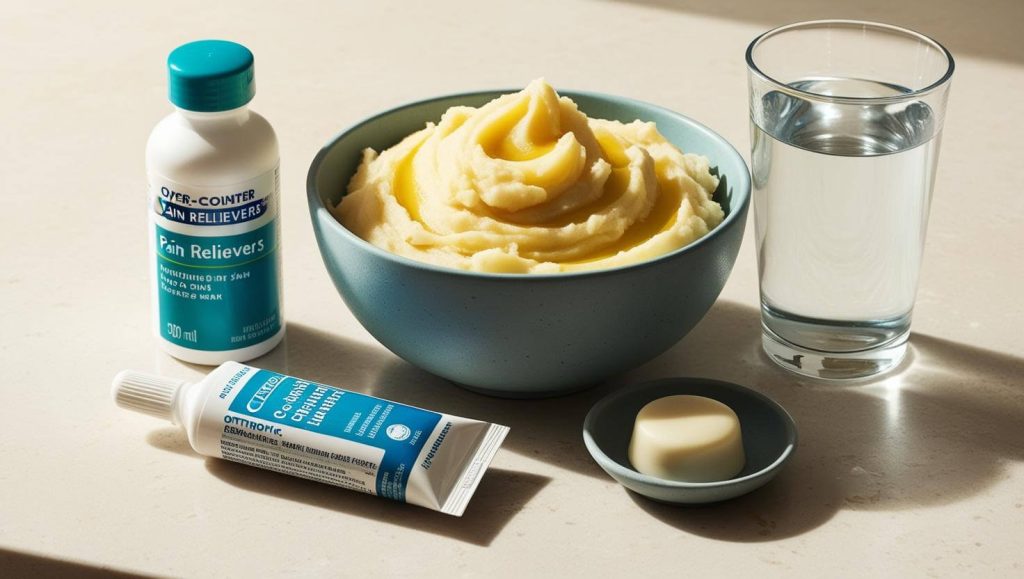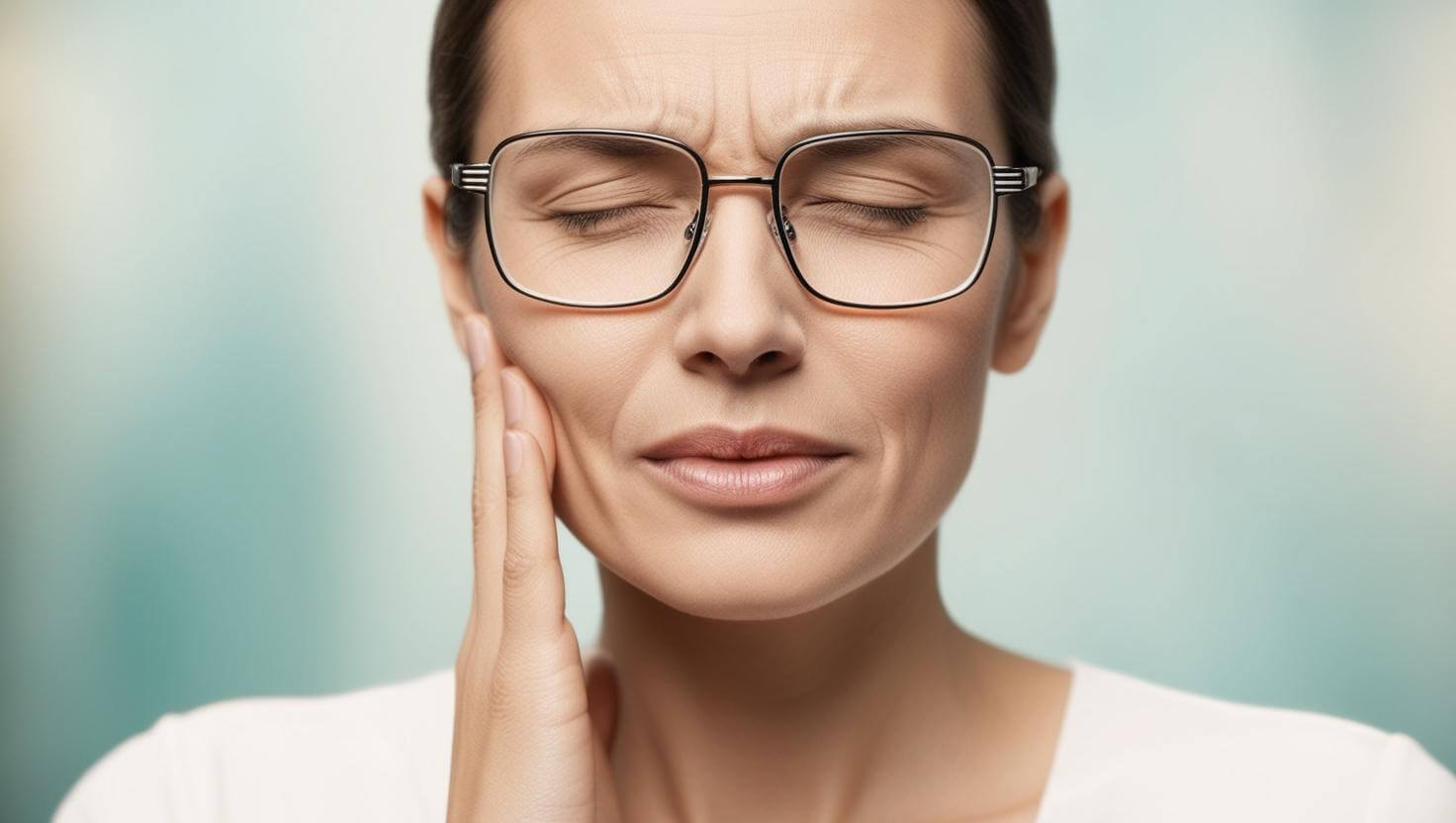If you have a condition such as malocclusion, dental crowding, or obstructive sleep apnea, a palatal expander can create more space in your upper jaw. The total treatment doesn’t last long — usually about three to six months — but you still may be worried that palate expanders hurt. It’s a valid concern, and understanding what to expect can go a long way toward easing any reservations you might have about the process.
Why Do Palate Expanders Hurt?
Micro-implant-assisted rapid palatal expansion, or MARPE, is a nonsurgical orthodontic method that uses a palate expander to widen the jaw. These devices work by activating a central screw at regular intervals, often once or twice daily, to slowly apply a gentle outward force to the two halves of the maxillary bones.
While palate expanders shouldn’t cause significant pain, it’s common to experience some discomfort. Turning the appliance’s screw applies tension to the teeth and the surrounding periodontal ligament. This pressure can cause sensations of tightness or aching in the teeth and gums, particularly during the initial adjustment period and shortly after each activation.
Additionally, the palatal expander is a foreign object that can rub against the tongue, cheeks, and roof of your mouth. This contact may lead to sore spots or ulcers until your oral tissues get used to the device’s presence.
How Long Does It Take for Palate Expanders to Stop Hurting?
After the activation phase has widened your upper jaw enough, you enter the retention phase. During this period, the palate expander stays in place to allow the newly expanded bone to stabilize and mature. Since no active force is being applied to your palate during this period, the original discomfort or pressure usually subsides.
Does a Palate Expander Hurt More Than Braces?
The soreness that braces cause is different than that of palate expanders, but neither device is considered to be worse than the other. Braces often cause discomfort as you get used to them and after routine tightening appointments. Afterward, the continuous pressure that braces apply to move teeth into their desired positions can lead to soreness in the teeth and gums.
Additionally, brackets and wires may irritate the inner cheeks and lips, causing minor sores or ulcers. However, like palatal expanders, this discomfort is generally mild and temporary.
What Can I Do If My Palate Expander Hurts?

To alleviate the normal discomfort caused by your palate expander, consider the following strategies:
- Take over-the-counter pain relievers like ibuprofen or acetaminophen
- Eat soft foods that don’t put unnecessary pressure on your teeth
- Use a warm saltwater rinse to soothe sore areas
- Apply orthodontic wax to any rough edges the expander may have
While you should expect mild discomfort, severe or persistent pain is not typical. If you experience unusual sharp, throbbing sensations, swelling, or signs of infection, it can indicate a poor fit, over-activation, or improper turning technique.
We Can Help When Palate Expanders Hurt
Although palate expanders hurt only for a short period of time, the discomfort is still unpleasant. At Peterson Family Orthodontics, our goal is to provide treatments that create beautiful smiles with minimal impact on your lifestyle. If you need advice for dealing with the soreness or if your palatal expander hurts excessively, contact us right away so we can help.

